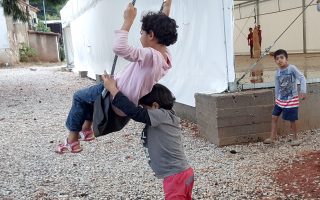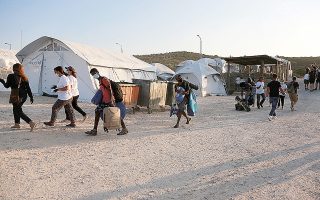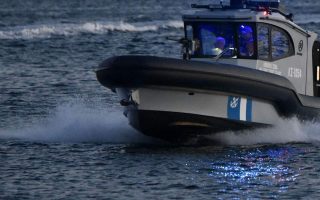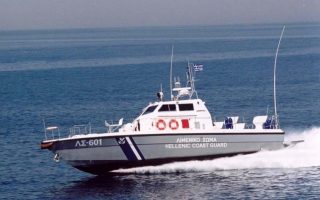Council of Europe report critical of migrant pushbacks, detention conditions
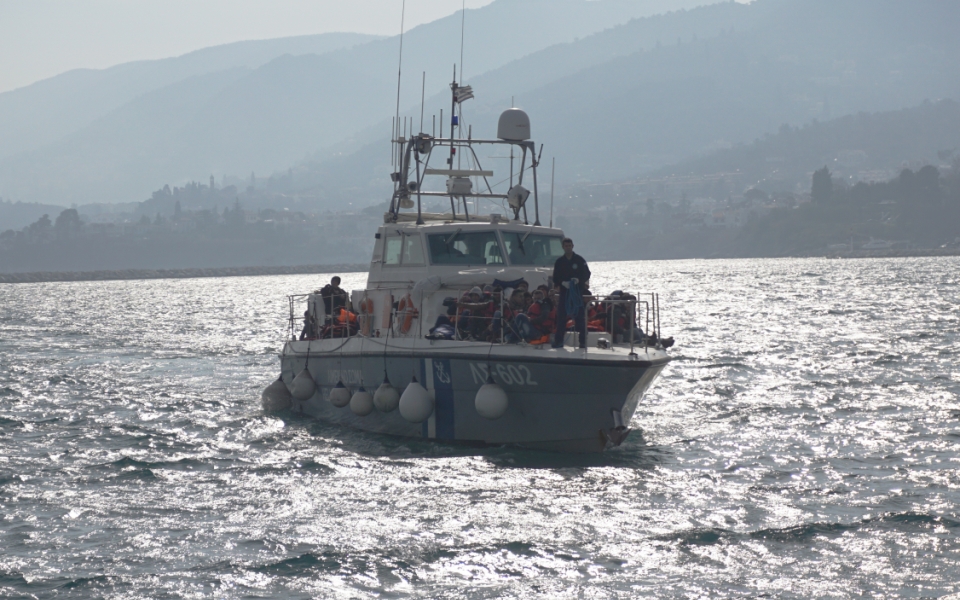
A Council of Europe report, released Thursday, calls on Greece to stop pushbacks of migrants and calls out the country on the conditions in several migrant detention centers.
The report was prepared by the Council's Committee for the Prevention of Torture and Inhuman or Degrading Treatment or Punishment (better known as CPT).
The committee visited Greece from March 13-17, 2020, during the period when the Turkish government tried to push hundreds of thousands of migrants into Greece through the two countries' common land border. The delegation visited police and border guard establishments in Evros and Samos and the Malakasa detention camp. Shortly after their visit, they held a videoconference with Migration and Asylum Minister Notis Mitarakiks and his deputy, Giorgos Koumoutsakos.
The report says that “the CPT acknowledges the significant challenges faced by the Greek authorities in dealing with large numbers of migrants entering the country,” and that migration “requires a coordinated European approach” but added that “this cannot absolve the Greek State from their human rights obligations.”
The committee's position is that all entering migrants should be given the opportunity to apply for asylum and that Greece should be ready to cope for any number of arriving migrants.
“Greek authorities must make provision for the possibility to cope with sudden peaks in the influx of migrants by establishing facilities which can be brought into service at very short notice and which offer basic minimum conditions of detention for short periods,” the report says.
The committee interviewed many migrants “who all alleged that the Turkish authorities took active measures to promote and facilitate the large-scale entry of persons into Greece.”
The bulk of the report concentrates on migrants' detention regime, saying it needs a drastic overhaul, from the “extreme overcrowding in several of the facilities” to practices such as separating families.
“The CPT has over the years been extremely critical of the way in which the Greek authorities treat migrants who enter the territory in an irregular manner. It has advocated that any immigration detention facilities established are not punitive and meet basic minimum standards. Regrettably, despite repeated recommendations by the Committee, the approach of the Greek authorities has not evolved substantially,” the report says
“The CPT found that the conditions of detention in which migrants were held in certain facilities in the Evros region and on the island of Samos could amount to inhuman and degrading treatment,” it continues.
The report also alleges ill-treatment of some migrants, either upon apprehension or during dtention.
In one particularly striking example, CPT found 50 migrants – men, women and children, detained in a 30 square meter cell, that included in-cell, undivided toilets and no beds.
The report “also raises concerns over acts by the Greek Coast Guard to prevent boats carrying migrants from reaching any Greek island and it questions the role and engagement of FRONTEX in such operations.”
While the report found Greek authorities cooperative as a whole, it noted some instances of non-cooperatiion by police and the fact that there was no contact person with the Coast Guard.
The CPT notified the Greek authorities of its intention to visit the country less than 48 hours in advance and "it appreciated the cooperation of the Hellenic Police and the Ministry of Citizen Protection in providing its delegation with credentials and a liaison officer within this time period," τηε ρεπορτ σαυσ.
With a few exceptions, the CPT’s delegation received "generally very good cooperation" from the staff at the establishments visited. It enjoyed access to all the places it wished to visit, none of which had been notified in advance, was provided with the information necessary for carrying out its task and was able to speak in private with persons deprived of their liberty.
"The exceptions concerned a very few Hellenic Police officers at the Filakio RIC and in Samos who did not understand the mandate of the CPT and who attempted to hinder the delegation from carrying out its work,” it said.
Greek authorities have replied at length to the report. Concerning ill-treatment, they say that they have received no specific complaints.
They do acknowledge that some facilities are obsolete or in need of maintenance and say instructions on improvement have been given.
“With regard to the situation in public areas and detention rooms, they are cleaned daily from Monday to Friday by a fixed-term cleaning crew and following the Committee’s observations, recommendations were made for more thorough cleaning of the premises,” Greek authorities say.
On the detention of minors, authorities say that some are detained on the demand of prosecutors and others are under “protective custody” to prevent “exploitation by trafficking networks.” Police focus on the inadequacy of reception centers that force them to detain a large number of minors.
Regarding pushbacks, the report notes that the police “state that the alleged practice of pushbacks to the border is unsubstantiated and completely wrong.”
The Council of Europe is an international organization with 47 members, which include all European countries and former Soviet states, with the exception of Belarus. It is distinct from the 27-member European Union, with which it is sometimes confused.
